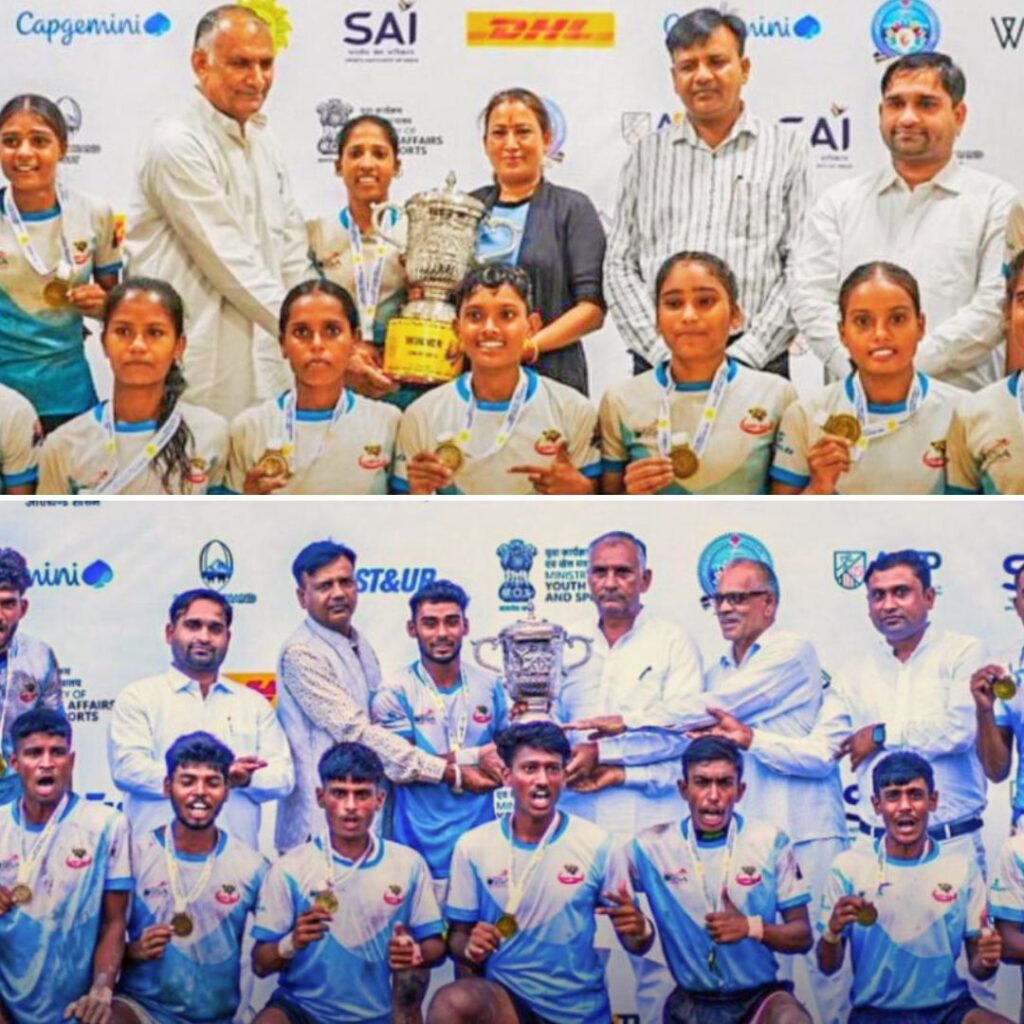Ever wondered what happens to the waste which is generated from individuals every day? Where does it go? We simply dispose it off and scavenging carts take it away. What happens to the litres of wastewater from toilets? It all gets dumped off at the nearest water body. Ever realised the amount of harm we are causing to environment collectively?
Vishnu Priya, an architect from Chennai wanted to make a toilet that used minimum water for the disposal of waste. This let her embark on a storytelling expedition, and she used the camera to talk about waste disposal and waste management. It all began from her desire to resolve issues issues of sanitation in girls’ toilets in the government schools. Meel, a documentary on the waste disposal system was shot across Andhra Pradesh, Tamil Nadu and Karnataka. The word “Meel” refers to recovery. The focus is on three primary topics: recycle waste water, garbage and sewage. Vishnu Priya strongly believes in the fact that whatever we waste in form of greywater or garbage or even fecal matter can be reused and recycled. While researching on how to develop a minimum water consuming toilet mode, she visited several government schools where ladies washrooms remained locked due to the lack of water. Children, specially girls, suffered a lot due to this.
How it all began?
Vishnu Priya came across a community in Tamil Nadu, Musiri, which became a learning point for her. They did not have access to private toilet and open defecation in the Cauveri river was the sole way out, leading to contamination of water. There is an eco san community toilet which is set up for the inhabitants and it makes use of minimum water for disposal of waste matter. Such community toilets are perfect for drought hit areas in our country since water is hardly used. The commode works on a segregate system where the faecal matter, water used for cleansing and urine is segregated. This system helps converting the faecal matter to manure that can be used for agriculture, used in place of urea for the plants and for recharging the groundwater level. This eco san toilet model is a cost-effective and environment friendly concept which can be replicated across rural areas in the country.
Faecal matter turned into compost manure by eco san toilet
Vishnu Priya’s journey to find out intelligent methods of waste disposal brought her closer to several other issues that are interconnected to waste disposal and management system. The plight of manual scavengers is one such issue. They face severe health issues and are often ostracised socially. They are promised about alternate jobs, only to have no exposure to it and having to bear the brunt of being marginalised in the society. Another concern which she pointed out as The Logical Indian spoke to her, is landfills. “Most of the non-biodegradable wastes are used as landfills. This decadent for the environment and it causes harm to the wetlands in a huge scale. For example, Pallikaranai in Chennai is the area where all waste matter is dumped. It is a huge wetland which has reduced in size drastically due to encroachment by depositing garbage.”
Working stills of the documentary being shot
Her documentary brings in viable solutions to the three problems around which the documentary is shot. The solutions are viable and they are easily replicable for any kind of any community. “The film looks at what effect it can have on the health of manual scavengers. It is entirely solution-oriented and we have worked with several environmentalists who have worked on this topic extensively. The hour-long documentary is mostly self-funded but we have received extensive support for this cause,” Vishnu Priya said.
The Bigger picture
Her documentary also aims at generating awareness about intelligent waste disposal system among the urban inhabitants, but the bigger picture in the context is conserving freshwater bodies. Most of the garbage and toilet waste that goes to the dump yards aren’t recycled and they are directly dumped in the nearest water body. This leads to contamination of water and often diseases spread like epidemics due to mass contamination. During the wake of a severe water crisis in the country, people must think of recycling the water that is discarded as grey water and wastewater every day. Every household throws away over hundred litres of water just for the purpose of flushing. Instead if we can conserve the water by using eco san toilets, we can conserve water and produce manure, thereby not taking recourse to harmful chemical fertilisers. On the contrary, if we adopt sustainable measures to deal with faecal matter and eliminate wasting water by flushing, we can actually use the same water for drinking. If water bodies are conserved well and saved from further pollution, there’ll be no scarcity of clean drinking water.
Garbage being dumped into waterbodies She identified that the use of films as visual awarenes…











